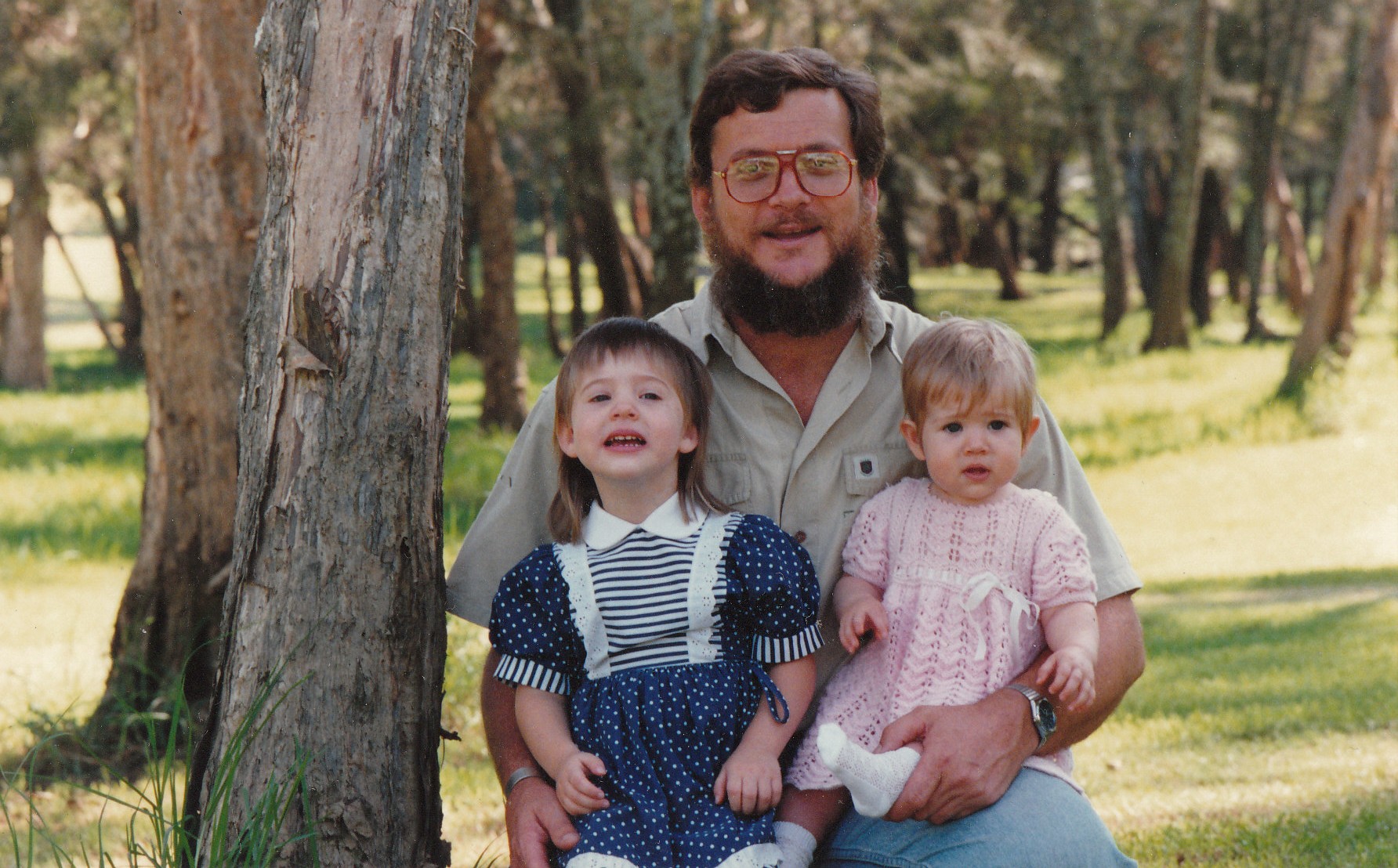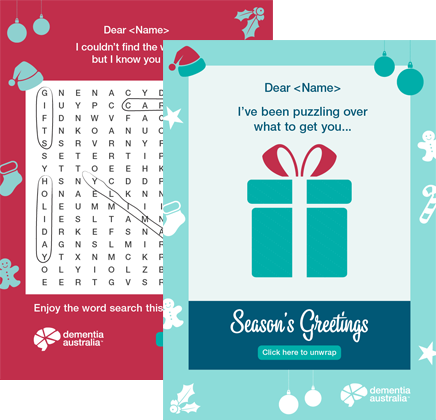
Living with Dementia
When they were in their early teens, Kia and Sian’s dad Richard was diagnosed with younger onset dementia at 53. A loving father and supportive husband, Richard was in the prime of his life. “Dad was extremely intelligent, at the time of his diagnosis he was Project Manager for an engineering company and was in charge of projects worth tens of millions of dollars.” Kia says.
Richard was diagnosed with a rare form of dementia that is always early-onset – only affecting people under 65. It is one of the puzzles of dementia, and right now, there is no treatment and no cure.
Over the years as his condition progressed, Richard’s personality and behaviour changed dramatically.
“The disease has progressively taken away his ability to understand the meaning of words,” says Sian. “For example, he knows what a cup is, but he doesn’t remember the word for it and can’t understand the word if he hears it.”
Every day they feel the loss of their dad who used to enjoy making the girls’ school lunches, and sneaking them out of school early on special days to go see Harry Potter movies.
“We grieve for what he has lost, for what our mum has lost and what we have lost, both for the present and the future,” adds Kia.
These two strong girls help support their mother when times get tough. They’ve also found enormous comfort in a Dementia Australia support group for young carers. “We can’t describe the relief we feel sitting in a room of people our own age going through the same thing, experiencing the same hardship,” says Sian.
Over the years the family has also accessed many Dementia Australia services. “Dementia Australia has been a continual source of support and education,” says Kia. “When dad was first diagnosed we borrowed books and videos from their library to help educate ourselves about the disease, and we’ve frequently relied on the counselling service, which has been a life-saver, helping us navigate the muddy waters of dementia.”
“This amazing organisation has really made a huge difference in our lives,” adds Sian. “We will be forever grateful for all they’ve done for us, and for the thousands of other families just like us.”
Please support families like the Woodmore’s, and help solve the puzzle of dementia today.




